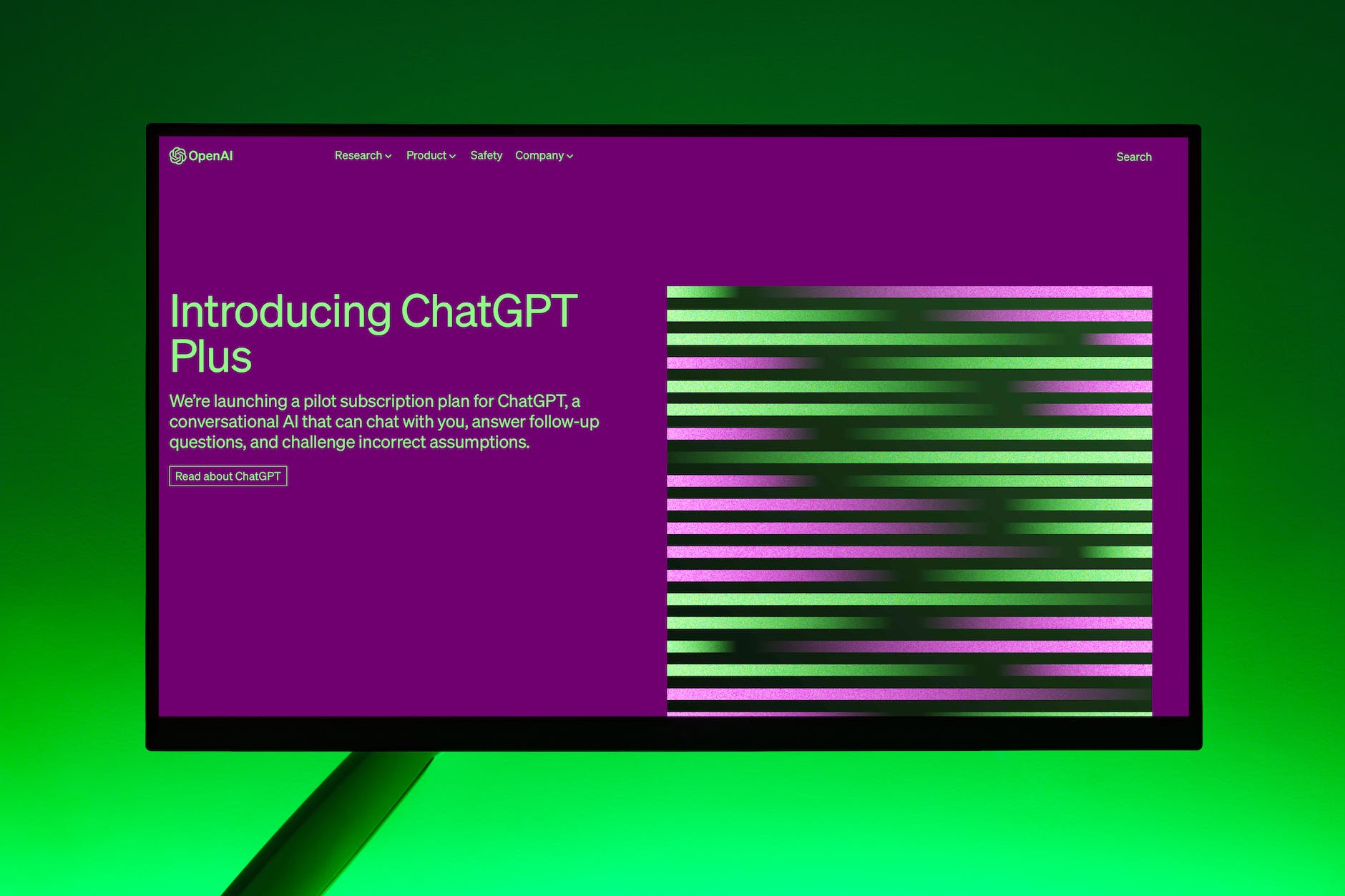Your writing and your research will be put to the test if you try to publish an article you write during law school. Most law students are strong writers, and professors or librarians can help you find a worthy topic. But research is another matter. It’s sometimes easier to find things online than in books or legal databases, which require Shepardizing and Keyciting and other labors. But it could be unreliable—much of the Internet has no place in a good law review article. Below is a guide to domain extensions to help you evaluate online resources and determine if you need an alternative or to shore up subjective claims with objective data. The extensions are ranked from most to least reliable.
.gov/.mil: These extensions indicate that a resource has a highly reliable government body or military institution at its controls. These generally provide among the most reliable information, but be sure information is timely and remember that even government agencies do engage in positive spin as well. Objective data may be reliable without further inquiry, but researchers will want to be skeptical of analysis and commentary.
.edu: This website belongs to an educational entity, which provides some objective data about subjects of research. However, even schools will engage in positive spin about themselves. Turn to reliable print resources or objective third party resources if information from a school may be presented in a less than objective way.
.org: This extension indicate that an entity is either a nonprofit institution or simply any private entity,. The website could belong to a private individual or for profit business. Thus, .org provides little extra assurance of reliability, and you will want to vet any information with more reliable government or objective data. You can trust legal research databases such as HeinOnline.org to present data objectively; never cite to Wikipedia.org, although you may want to use it as a starting point and cite to some of the materials to which the Wiki article cites.
.com/.net (and similar): These domain extensions indicate that a resource is controlled by a private entity or individual, including business names. Although they can be reliable for information about a particular business, keep in mind that information will likely be presented with a positive spin for businesses and certain other entities. Check resources on HeinOnline to see if other reputable authors have relied on materials you plan to use. Take a similarly skeptical view toward information with second generation extensions such as .biz or .dev.
Meet with a Law Librarian for tips on how to shore up your research for maximum reliability and, we hope, publication potential.
Andrea Gass, Reference Librarian




